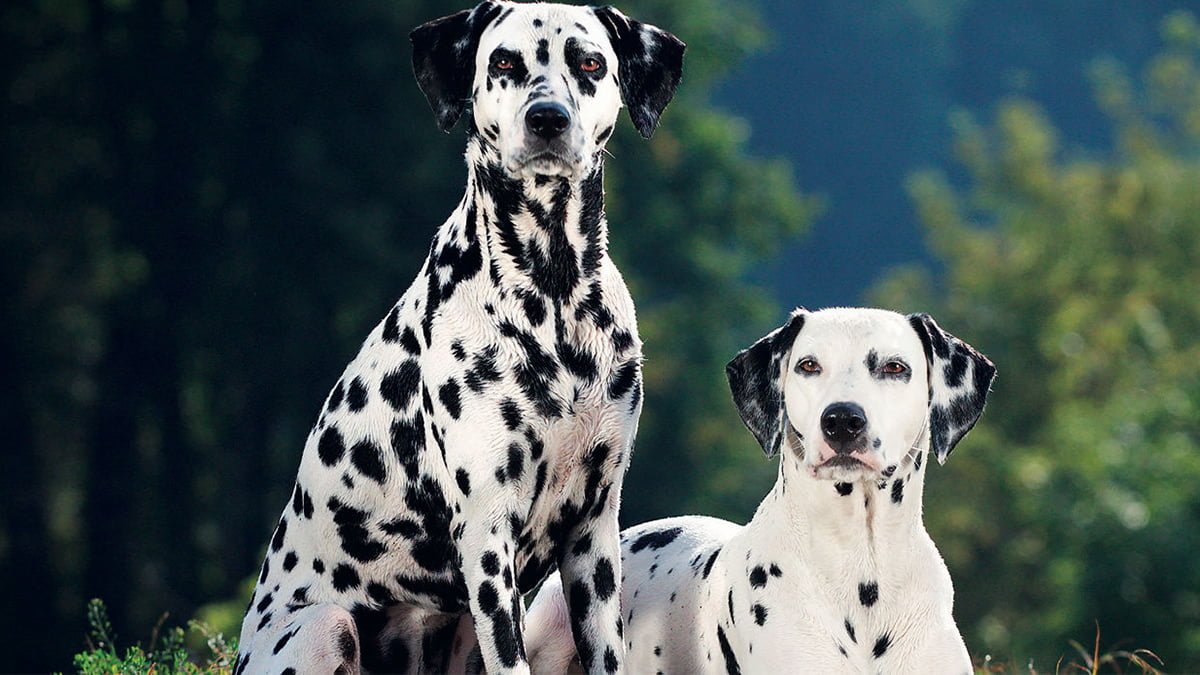A dog is man’s best friend, but what are you feeding your best friend? Dogs and humans do not have a similar diet. They may require a few things in abundance while some not at all. Since they can not freely communicate with us in our language, it’s on us to provide them a nutritious and healthy diet that they require.
Including healthy food habits in your dog’s diet is very important. Avoiding overfeeding or teaching them to differentiate between dog food and human food are some basic training that you can give your dog from an early stage. Apart from this, even you need to make sure you feed your dog right. For this, we bring you a list of 5 extremely beneficial food habits that can alter the poor health of your dog in no time.
The power of Fresh Food
It may not come as a surprise to you, fresh fruits and vegetables are just as good for dogs as they are for humans. Apart from the fact that they are rich in enzymes and fibers, they also help plenty in digestion and improve the dog’s defecation. Fresh fruits and vegetables are much better than the shelf-stable food brought from the stores as they are filled with nutrients.
Along with this, you can also consider substituting a fresh carrot with bone. Even though dogs are naturally carnivores, including an all-meat diet may not be the best idea. Meat diets have high toxin levels which may alkalize the body, making it prone to chronic diseases. However, remember to do a quick survey to make sure the fruit or vegetable is not poisonous for your dog.

Meat diets have high toxin levels which may alkalize the body, making it prone to chronic diseases. However, remember to do a quick survey to make sure the fruit or vegetable is not poisonous for your dog.
Avoid cooked meat
When you cook the muscles of mammals, they lose the nutrients which they should offer in the first place. Moreover, they release Carcinogenic Chemicals called Heterocyclic Amines (HCAs). These amines are as dangerous for your dog’s health as they seem to pronounce. When you intake cooked food, these amines tend to enter your body and increase the risk of breast, lung, pancreatic, and prostate cancer.
Just frying, grilling, or barbecuing meat can also trigger the incoming of these amines. However, if you still cannot fully avoid cooked meat, try searing it for your dog instead.

Heterocyclic Amines found in cooked meat are as dangerous for your dog’s health as they seem to pronounce.
Avoid Gluten
Gluten is a name given to the protein found in many food items that helps in maintaining the shape of that particular food item, hence acting as a glue. Undoubtedly, Gluten is bad for you as well as your pet dog. While it may attack your immunity and triggers your immune system, in your dog’s case, it can harm other organs including the liver and kidneys as well.
Dry dog food contains gluten. It is stored in such food to prevent the fats from getting rancid and spoiling the overall food quality. However, when your dog intakes this gluten, it can restrain the waste product, ultimately straining their liver and kidney. Avoiding gluten completely can be beneficial for your dog’s health as even a small amount of gluten can affect their body.

Avoiding gluten completely can be beneficial for your dog’s health as even a small amount of gluten can affect their body.
Water- The source of everything
Without a doubt, a meal is incomplete without water. But even crystal-clear water can have millions of deadly microscopic unhealthy substances in it. Depending on the area you live in, your regular tap water can have over 150 chemicals in it.
One of the most unhealthy substances that it contains is Hydroflurosilicic Acid, a byproduct of fluoride. When this acid enters your pet’s body, it increases the uptake of aluminum. But, there’s a way to avoid this. You can feed your dog alkaline water. It will not only keep them healthy but also increase nutrient absorption in their body.

Feed your dog alkaline water. It will not only keep them healthy but also increase nutrient absorption in their body.
Essential Fatty Acids
Although dog food is generally high in fatty acids, you can also switch to feeding them supplements. Supplements available in stores have omega-3 and omega-6 fatty acids which can be beneficial for your dog.
However, if you don’t fully trust supplements you can try adding Chia seed, flaxseed, hempseed, and some amount of fresh sardines in their diet. You should avoid fish oils as they may turn rancid. Also, remember to set the right dose for supplements, or else they may have some side effects.

If your dog has a dull coat, dandruff, and dull and flaky skin, these may be the signs of fatty acid deficiency.











